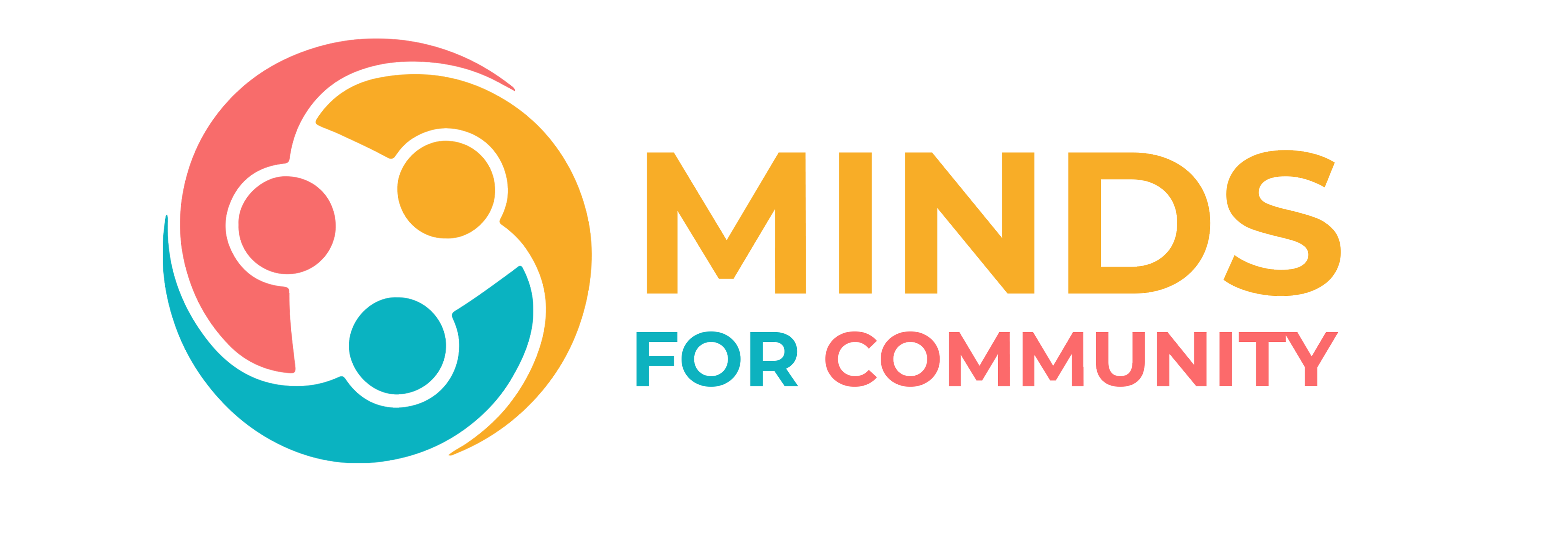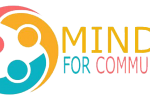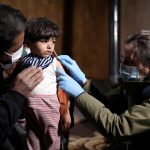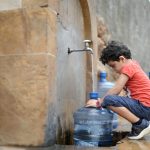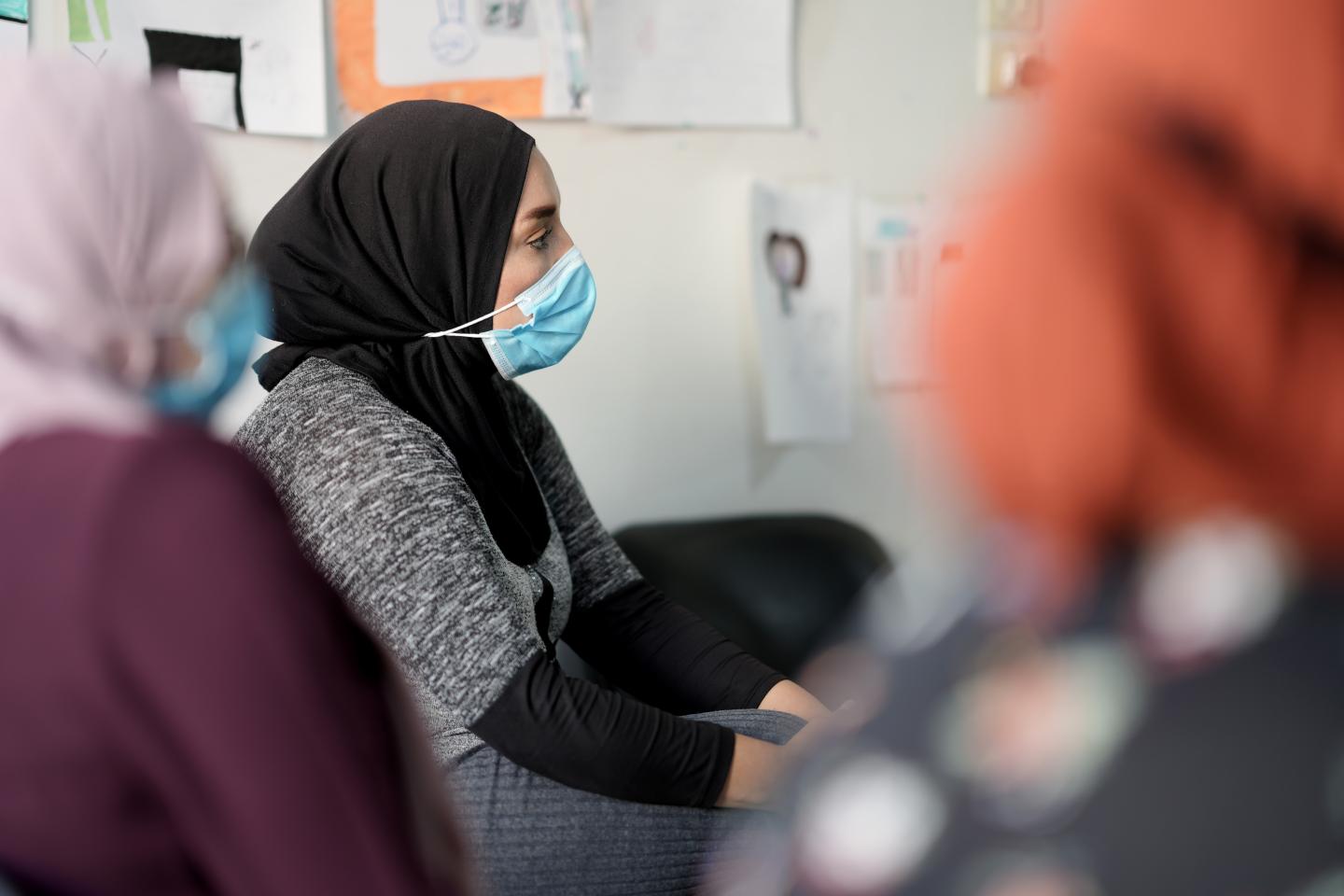With Lebanon’s multi-layered crisis well into its third year, the ‘Haddi’ cash grant for children proves critical in helping meet the basic needs of the most vulnerable children.
Asma, 30, a mother of two, says her family used to lead a good life, living within their limited means. Now, she says she and her husband struggle to provide even the most basic needs for their three-year-old girl and seven-year-old boy.
For Asma, and tens of thousands of vulnerable families across Lebanon, monthly cash grants for children from the Haddi programme have proved critical in meeting their children’s health, nutrition, protection and education needs.
The combination of a deep financial and economic crisis, the impact of the COVID-19 pandemic and the aftermath of the 2020 Beirut explosions have taken a severe toll. The majority of people living in Lebanon now live below the poverty level.
As prices of basic commodities keep spiralling out of control, many families find themselves forced to resort to negative coping mechanisms, such as cutting down on food, health and education expenses – with major repercussions for children. Before the Haddi programme started in 2021, almost all recipient families were unable to meet their basic needs and almost a third of them were sending children to work, to supplement the household’s income.
The crisis has also severely affected job security, as numerous companies have been forced to close down or cut costs. Asma’s husband, a carpenter, used to work regular hours for a company. Now he is laid off whenever the company feels there is not enough work or money, and he often finds himself unemployed for three to four months at a time, leaving him unable to provide for his family. “My husband used to get a monthly salary and I used to fill up my house with whatever necessities were needed. Today, our life has turned upside down and we had to cut a lot of our expenses,” says Asma.
Every month, Asma collects her Haddi grant of US$60– paid in US dollars – from a money transfer agency in her neighbourhood. Most of the money goes towards buying basic necessities. This month, Asma says she will buy a chicken, something she can’t normally afford. “My daughter has been craving chicken for so long. This month, I will buy her one,” she says.
The grants are also critical in ensuring families do not lose their homes as rental prices increase dramatically and many owners want to be paid in US dollars. “The cost of rent increased from 400,000 to 1,400,000 Lebanese pounds,” says Asma. Having to spend more on rent means there is less money left to cover children’s needs.
The Haddi grants are clearly critical in helping vulnerable families provide for their children. UNICEF, in collaboration with the Ministry of Social Affairs and with the support of 40 partners, is reaching some 130,000 vulnerable children, or almost 85,000 households, through Haddi. All children receiving priority services through UNICEF were enrolled within Haddi to receive a cash grant – meaning children at risk of child labour or child marriage, children with disabilities, children in non-formal education and children needing nutrition support. Families with one child identified as vulnerable receive US$40 a month, those with two children, $60, and households with three or more children, $80.
Asma says being able to spend the cash the way she sees fit is extremely helpful and empowering. “It is my responsibility. This assistance makes me feel as if I am spending from my own savings since I am not requesting money from my husband.”
But the scale and the scope of the programme need to be increased significantly. UNICEF, with the Haddi initiative, supports the Government of Lebanon in moving towards a comprehensive national social protection system, including developing its social assistance system to protect children and support their well-being.
Source: Unicef

